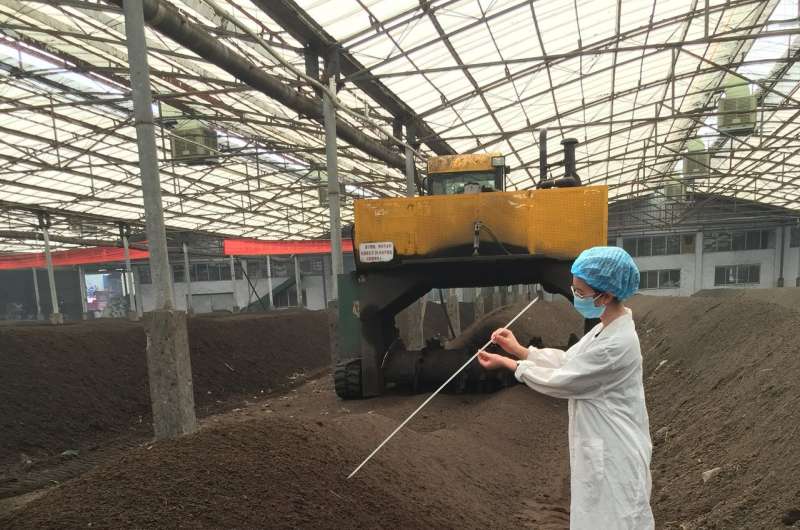How antibiotic use in animals is contributing to antibiotic resistance

The overuse of veterinary antibiotics in animal production and the subsequent land applications of manure contribute to increased antibiotic resistance in soil. A new review published in the European Journal of Soil Science examines the results of recent studies on veterinary antibiotic use, the concentrations of antibiotics, and the abundance and diversity of antibiotic resistance genes in animal manure and in soil that receives manure or manure composts.
The review also discusses the need for more stringent regulations on the use of veterinary antibiotics and future research directions on the mechanisms of antibiotic resistance and resistance management.
"Recycling of animal manures to soil is good for soil quality, but the spread of antibiotic resistance needs to be tackled urgently," said co-author Dr. Fang-Jie Zhao, of Nanjing Agricultural University, in China.
More information: W.-Y. Xie et al. Antibiotics and antibiotic resistance from animal manures to soil: a review, European Journal of Soil Science (2017). DOI: 10.1111/ejss.12494 , onlinelibrary.wiley.com/doi/10 … 1111/ejss.12494/full
Provided by Wiley




















